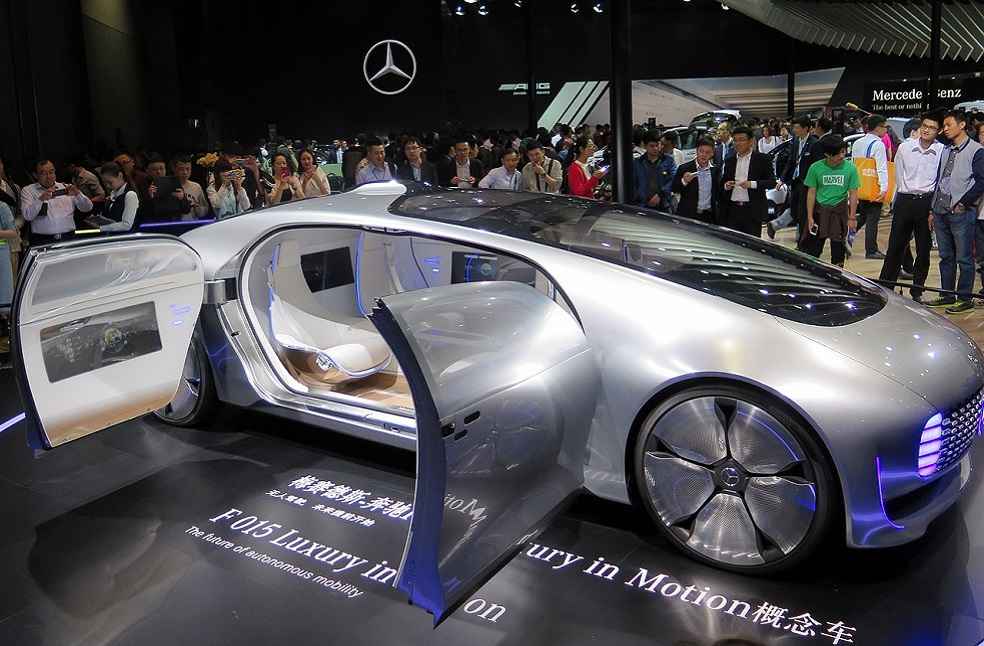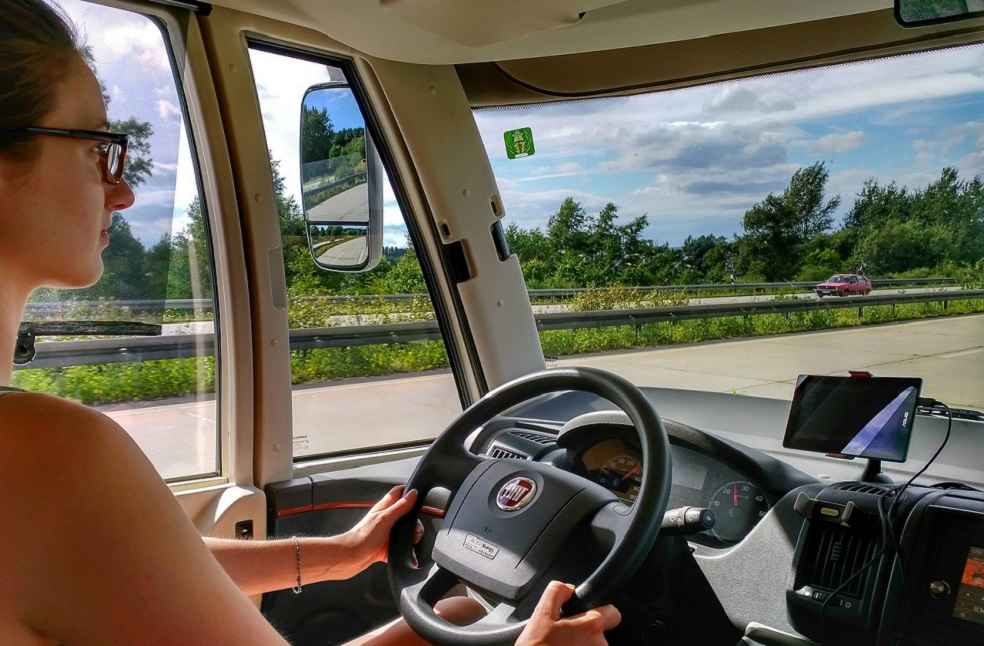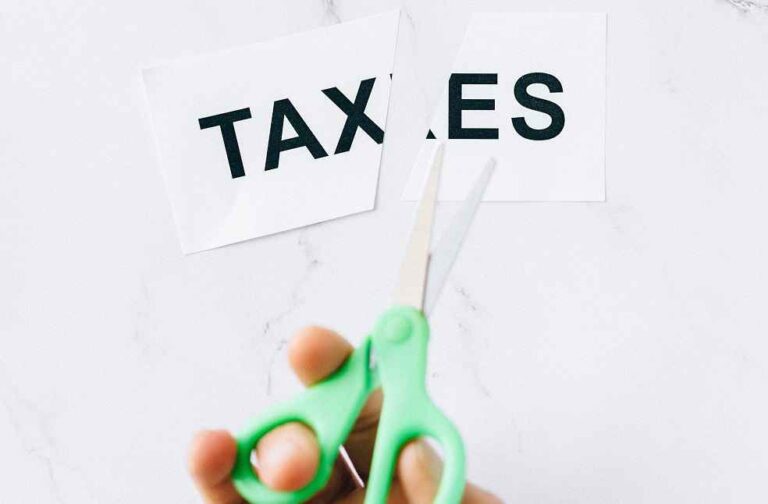The government of China has unveiled an aggressive plan, termed ‘China’s Tax Incentives’, to bolster the nation’s green car technologies sector. This includes complete tax exemptions for electric vehicle (EV) purchases for the next two years and plans to lift regulations prohibiting the large-scale operation of semi-autonomous and fully autonomous vehicles.
This landmark initiative has been welcomed by key players in the industry, who view Beijing’s strategies as crucial to stabilizing the highly competitive EV market.
Automakers, in particular, are enthusiastic about the prospect of planning for new model introductions and improved cost management in the wake of Beijing’s early disclosures. “This is a huge positive for the market,” BYD declared on Wednesday.

In a further bid to support EV adoption, the government has emphasized that battery prices will be excluded from the dutiable value when consumers opt for a battery lease scheme. Nio’s CEO William Li shared this news via the Chinese microblogging site Weibo.
Analysts from Bernstein have expressed cautious optimism about the future of the world’s largest EV market, which is China. Despite the anticipated slowdown in EV sales growth due to rising competition and overcapacity challenges, the long-term growth outlook remains promising, driven by shifting consumer preferences rather than just policy incentives.

Jefferies analysts have similarly expressed confidence in the extension of tax credits, which they view as a positive sign for the industry. They predict that sales of new energy vehicles in China, encompassing all-electric and plug-in hybrids, will reach 830 million units this year. This represents a robust 27% growth from the 654 million units sold in the previous year.
The government’s new policy stipulates that until the end of 2025, EV buyers will enjoy a 10% purchase tax exemption, or a credit of up to RMB 30,000 ($4,178). From 2026 to 2027, a 5% tax will be levied on the purchase price of their EVs, with the tax reduction not exceeding RMB 15,000 per vehicle.
The Chinese authorities have set a cap on the amount of EV tax relief to prevent luxury EVs from unduly benefiting from the policy. The total tax breaks are expected to rise to RMB 520 billion by 2027, a substantial increase from RMB 200 billion last year, according to Xu Hongcai, deputy minister of finance.

Simultaneously, China is planning to break down regulatory barriers for semi-autonomous or Level 3 automation vehicles. A pilot scheme is being developed to test these vehicles, potentially paving the way for tech companies such as Baidu to further advance in this space.
Currently, Chinese regulations prohibit the marketing of vehicles with Level 3 capabilities, where the driver needs to assume control in emergency situations. If successful, the pilot scheme could mark a significant shift in the commercial adoption of autonomous vehicles on a large scale.
AWJ CHOICE: LandCruiser Prado 2024: Toyota’s Grand US Return





